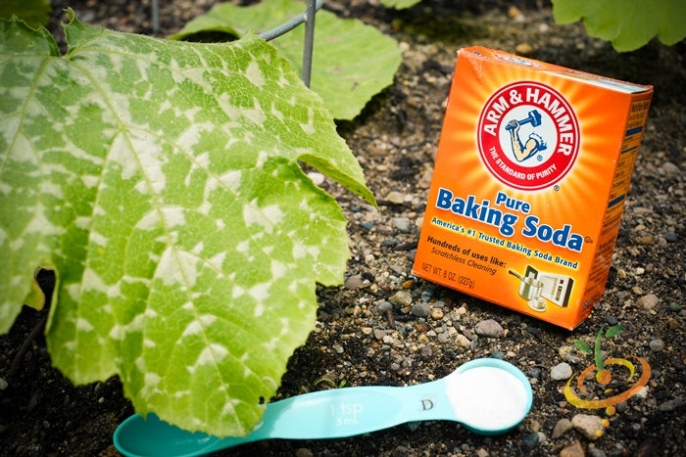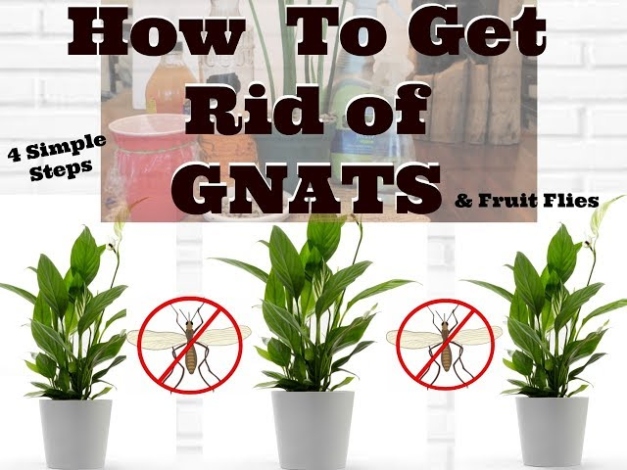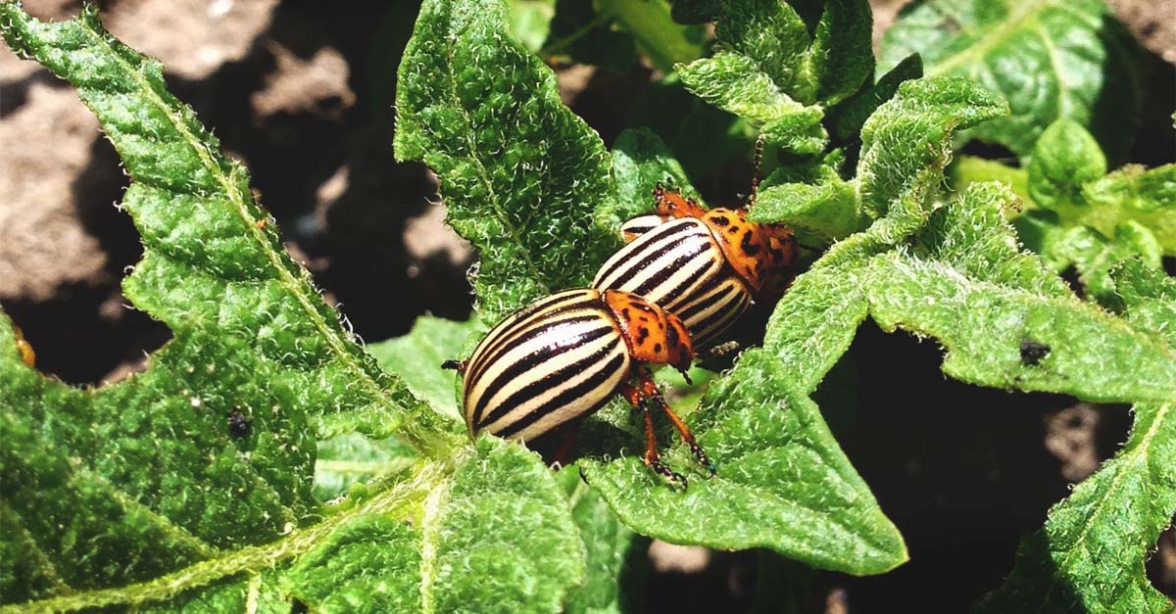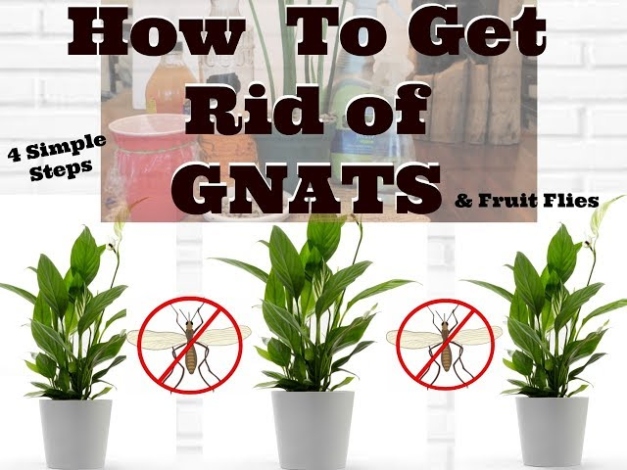How to Get Rid of Snails on Plants
What do you mean by snails on plants?
Snails on plants are a common problem that many gardeners face. These slimy creatures can wreak havoc on your garden by eating away at the leaves, stems, and flowers of your prized plants. Not only do they damage the appearance of your plants, but they can also weaken them and make them more susceptible to disease.
How do you know if you have snails on your plants?
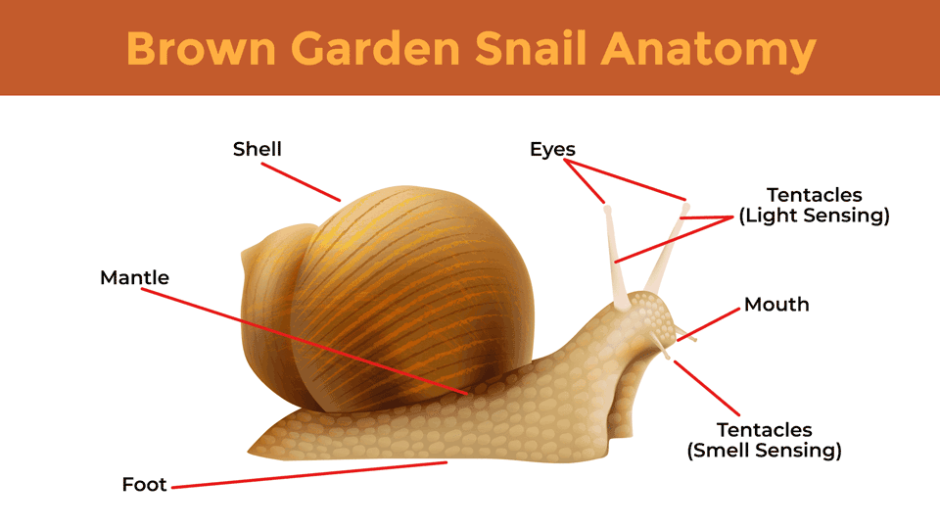
Image Source: lloydpest.com
If you notice chewed leaves, slimy trails, or shiny mucous residue on your plants, chances are you have a snail infestation. Snails are most active during the night or on rainy days, so you may not always see them during the day.
What is known about snails on plants?
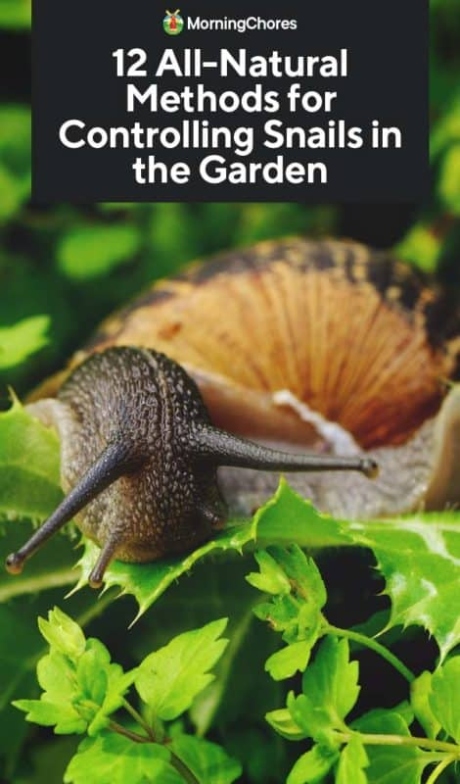
Image Source: morningchores.com
Snails are gastropods that belong to the mollusk family. They have a soft body, a shell, and a muscular foot that they use to move around. Snails are attracted to moist environments and feed on a variety of plant material, making your garden a prime target for these pesky pests.
Solution to get rid of snails on plants
There are several methods that you can use to get rid of snails on your plants. One effective way is to manually remove them by handpicking them off your plants and disposing of them in a bucket of soapy water. You can also create barriers around your plants using copper tape or diatomaceous earth to deter snails from reaching them.
Another natural method is to introduce predators such as ducks, chickens, or predatory insects like ground beetles and parasitic nematodes that feed on snails. Additionally, you can use organic pesticides like iron phosphate or beer traps to lure and kill snails.
It’s important to regularly inspect your plants for snails and take proactive measures to prevent them from infesting your garden in the first place. By implementing a combination of these methods, you can effectively control and eliminate snails from your plants.
Additional information on getting rid of snails
It’s essential to keep your garden clean and tidy to discourage snails from taking up residence. Remove any debris, fallen leaves, or mulch where snails can hide and breed. Water your plants in the morning to allow the soil to dry out during the day, as snails are most active in damp conditions.
You can also plant snail-resistant plants like lavender, rosemary, and geraniums that repel snails with their strong scents. Consider using raised beds or containers to elevate your plants and make them less accessible to snails crawling from the ground.
If you have a severe snail infestation, you may need to resort to chemical pesticides as a last resort. However, be cautious when using these products as they can harm beneficial insects and pollute the environment. Always follow the manufacturer’s instructions and use them sparingly and responsibly.
Conclusion
In conclusion, snails on plants can be a nuisance for gardeners, but there are several effective methods to control and eliminate them. By practicing good garden hygiene, using natural predators and barriers, and employing organic pesticides, you can keep your plants safe from snail damage. Remember to be vigilant and proactive in managing snail infestations to maintain a healthy and thriving garden.
Frequently Asked Questions
Q: Are snails harmful to plants?
A: Yes, snails can damage plants by eating away at the leaves, stems, and flowers, weakening them and making them more susceptible to disease.
Q: How can I prevent snails from infesting my garden?
A: You can prevent snails by keeping your garden clean and tidy, using barriers and traps, planting snail-resistant plants, and introducing natural predators.
Q: What are some natural predators of snails?
A: Ducks, chickens, ground beetles, parasitic nematodes, and predatory insects are natural predators that feed on snails.
Q: Are there any plants that repel snails?
A: Yes, plants like lavender, rosemary, and geraniums have strong scents that repel snails and deter them from infesting your garden.
Q: How often should I inspect my plants for snails?
A: It’s recommended to regularly inspect your plants for snails, especially during the night or on rainy days when they are most active.
Q: Can I use chemical pesticides to get rid of snails?
A: Chemical pesticides should be used as a last resort and with caution, as they can harm beneficial insects and pollute the environment. Always follow the manufacturer’s instructions and use them sparingly.
Q: What is the best way to get rid of snails on plants?
A: The best way to get rid of snails on plants is to use a combination of methods, such as handpicking, barriers, natural predators, and organic pesticides, to effectively control and eliminate them from your garden.
how to get rid of snails on plants







